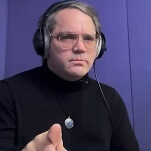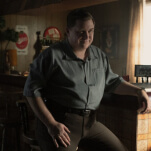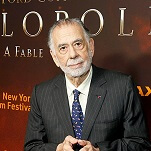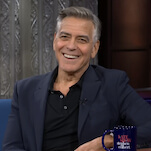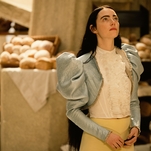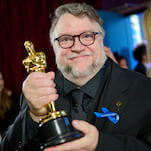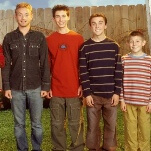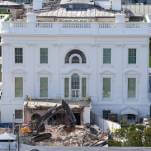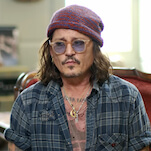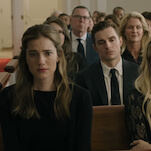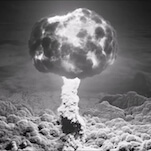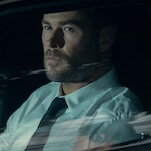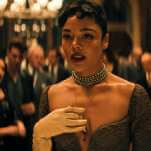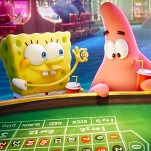Loving the work artists produce doesn’t guarantee feeling the same way about their choices or personalities. It’s one of the more difficult aspects of fandom, grappling with the fact that someone whose output you admire may in other parts of life be less than admirable. For actor-comedian-writer-director Stephen Fry, the host of Patrick McGrady’s documentary Wagner & Me, his devotion to Richard Wagner’s gifts as a composer, conductor, and dramatist is complicated by his awareness of Wagner’s virulent anti-Semitism and the fact that Hitler loved him. Fry is Jewish, and his wrestling with what it means to venerate the music of someone who wrote of his revulsion for Jews adds a fascinating personal angle to this otherwise dry film.
Much of Wagner & Me takes the form of a typical informative TV special, with Fry doing a walk-and-talk through the Bavarian home of a famous annual Wagner festival, and other picturesque locations important in the composer’s life. (A trimmed-down version of the film aired on the BBC in 2010.) Fry is charming, knowledgeable, and fantastically excited about the things he gets to do: After a terse interview with Eva Wagner-Pasquier, the composer’s great-granddaughter and the recent co-head of the Bayreuth Festival, he gets giddy over having had the chance to shake a Wagner’s hand. But he’s still essentially relaying biographical information about the composer and his life, and while the discussions about what made Wagner so revolutionary in terms of his approach to opera are interesting, they’re padded out with enough unadorned details about his political beliefs and patronage from Ludwig II to make viewers’ vision blur.
Wagner & Me spends a disappointing amount of time drifting away from the relationship promised in its title. There are certainly more dynamic and focused ways to approach a great artist like Wagner in terms of a straightforward biographical doc. The film was created for Fry, and his too-sporadic explanations for why he so admires this music in spite of its troubling legacy are the most vivid and lively segments. When Fry converses with a cellist who survived Auschwitz, their discussion of whether the music has been sullied by the Nazis is interesting and honest. It feels like it should have been the start of the film, instead of its end.

